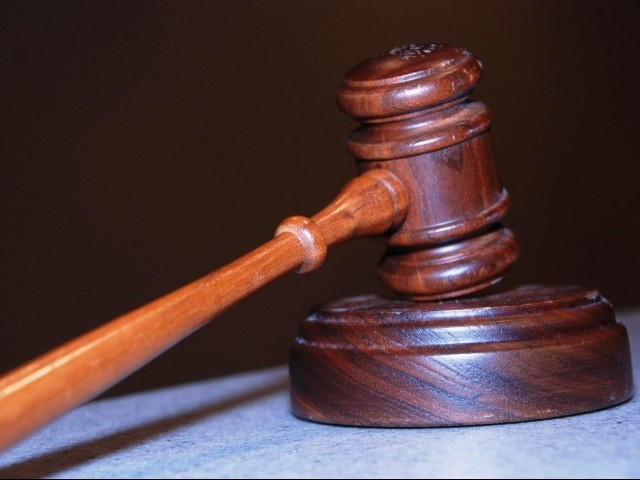Power play: Panel out to cut Judicial Commission down to size
Parliamentary body will present proposals on how to clip the commission's wings

A parliamentary panel is expected to finalise proposals on how to strengthen the role of the Parliamentary Committee on Judges’ Appointment (PCJA) on November 11.
A three-member subcommittee, headed by Pakistan Peoples Party Senator Farooq H Naek, was constituted to examine the role of the PCJA and recommend constitutional amendments in this regard. The subcommittee met office bearers of the high court and Supreme Court bars, prominent jurists and retired judges and discussed suggestions to amend the process of appointing judges.
One of the members of the subcommittee told The Express Tribune that they will propose constitutional amendments to strengthen the PCJA’s role in appointing judges, and also suggest amendments to the PCJA’s rules and regulations.
He said in its last meeting, the PCJA expressed displeasure over the four candidates the Judicial Commission of Pakistan (JCP) had recommended for appointment to the Peshawar High Court.

He said several members of the PCJA believed that the judges nominated by the JCP were not competent enough to be appointed to such a senior post.
Muhammad Rafiq Rajwana, another member of the subcommittee, said they had finished consultations and were ready to finalise proposals by November 11.
Senator Haji Muhammad Adeel, a member of the parliamentary committee, said the PCJA will send recommendations to parliament for amendments soon.
“It appears as if the 19th Constitutional Amendment (which accords powers to recommend ad hoc judges to the JCP) was passed under duress.” He said it minimised the role of the parliamentary committee and gave the JCP a free hand to appoint whoever it wanted to.
Some of the rulings by superior courts, especially the Muneer Bhatti case, had rendered ineffective the role of the PCJA, he said. The ruling in the Muneer Bhatti case says if the PCJA rejected the candidates proposed by the JCP, the high courts could set the PCJA’s decision aside.
Adeel said that they would also review the powers given to the JCP. “We are considering amendments to the process of initiating names of lawyers for appointment as judges.”
He said 14 days time was not enough to examine the credentials of candidates. “Even intelligence agencies cannot provide clearance reports in such a short time,” he said.
Earlier, the Supreme Court Bar Association (SCBA) passed a resolution expressing serious concerns over the appointment of judges in superior courts.
At its 16th annual general meeting on October 28, the SCBA passed a resolution saying that it would review the constitutional amendment in Article 175-A (dealing with the appointment of judges to superior courts). The resolution says that a committee of senior lawyers and representatives of bar associations and bar councils will draft recommendations to amend the clause.
The SCBA said it was regretful that the JCP had been “hijacked” by judges, and the powers of representatives of lawyers and the parliament had curtailed. It added that some members of the JCP had bypassed merit and were selecting candidates based on personal bias, prejudice and association.
The resolution says that all bar associations had expressed resentment in this regard but no action had been done to address their concerns.
The general body of the SCBA resolved that the next elected body would draw up a formula for the appointment of judges and present it to the SCBA’s general body within three months.
Published in The Express Tribune, November 4th, 2014.



















COMMENTS
Comments are moderated and generally will be posted if they are on-topic and not abusive.
For more information, please see our Comments FAQ